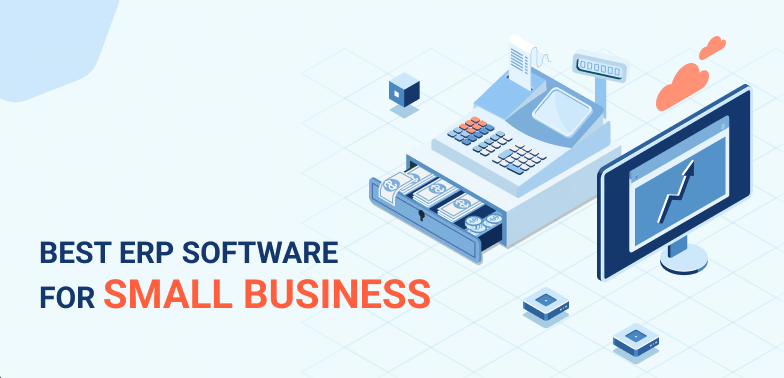1. Streamlined Operations
One of the primary advantages of utilizing ERP systems is the ability to streamline operations. By integrating various functions such as finance, inventory, sales, and human resources, small businesses can eliminate redundancy and improve efficiency. For instance, when a sales order is placed, the ERP system automatically updates inventory levels and triggers necessary financial transactions. This seamless flow of information reduces errors and accelerates decision-making.
2. Improved Data Accuracy
Data integrity is vital for effective decision-making. With ERP systems, small businesses can centralize their data, ensuring that all departments access the same information. This centralization minimizes data discrepancies and fosters accurate reporting. For example, if sales teams have real-time access to inventory data, they can provide customers with accurate delivery timelines, enhancing customer satisfaction.
3. Enhanced Reporting and Analytics
The analytical capabilities of ERP systems allow small businesses to generate insightful reports quickly. These reports can cover various aspects, such as sales performance, financial health, and operational efficiency. By analyzing this data, small business owners can identify trends, forecast future performance, and make informed strategic decisions that drive growth.
4. Cost Reduction
While the initial investment in an ERP system may seem significant, the long-term savings can be substantial. By automating routine tasks and streamlining processes, small businesses can reduce labor costs and minimize resource wastage. For example, a small manufacturing firm that implements an ERP system might reduce production costs by optimizing inventory management, thereby lowering carrying costs and preventing stockouts.
5. Scalability
As small businesses grow, their needs become more complex. A robust ERP system is designed to scale with the business. Whether adding new products, expanding to new markets, or increasing the workforce, an ERP system can accommodate these changes without necessitating a complete overhaul of existing processes. This adaptability is crucial for sustaining growth and maintaining competitive advantage.
6. Better Customer Service
Customer satisfaction is paramount for small businesses, and ERP systems play a significant role in enhancing service quality. By providing employees with access to real-time customer data, businesses can respond to inquiries more efficiently and personalize interactions. For instance, if a customer calls regarding an order, the sales representative can access the order history instantly, leading to quicker resolutions and a better customer experience.
7. Regulatory Compliance
Many small businesses must adhere to industry regulations and standards. Implementing an ERP system can assist with compliance by providing tools to track and manage regulatory requirements. This includes maintaining accurate records, generating compliance reports, and ensuring that all operations adhere to legal standards. By automating these processes, small businesses can minimize the risk of penalties and avoid costly compliance issues.
8. Collaborative Work Environment
Collaboration is essential for any business, but especially for small enterprises where resources are often limited. ERP systems foster a collaborative work environment by enabling teams to share information and insights easily. With all departments operating on a unified platform, communication improves, and project management becomes more efficient. This collaboration encourages innovation and collective problem-solving.
9. The Benefits of ERP Systems for Small Businesses
To illustrate the benefits of ERP systems for small businesses, the following chart showcases some key advantages and their impact:
| Benefit | Impact on Small Business |
|---|---|
| Streamlined Operations | Reduces time spent on manual tasks |
| Improved Data Accuracy | Minimizes errors in reporting |
| Enhanced Reporting and Analytics | Informs strategic decision-making |
| Cost Reduction | Lowers operational expenses |
| Scalability | Supports growth without disruption |
| Better Customer Service | Improves customer satisfaction |
| Regulatory Compliance | Reduces risk of legal issues |
| Collaborative Work Environment | Encourages teamwork and innovation |
Conclusion
In today’s competitive market, small businesses must leverage every advantage to succeed. Implementing a ERP system provides not only operational efficiency but also enhances data management, customer service, and strategic decision-making. As small businesses look to the future, investing in a robust ERP system is not just a choice; it is a critical step toward sustainable growth and success.









